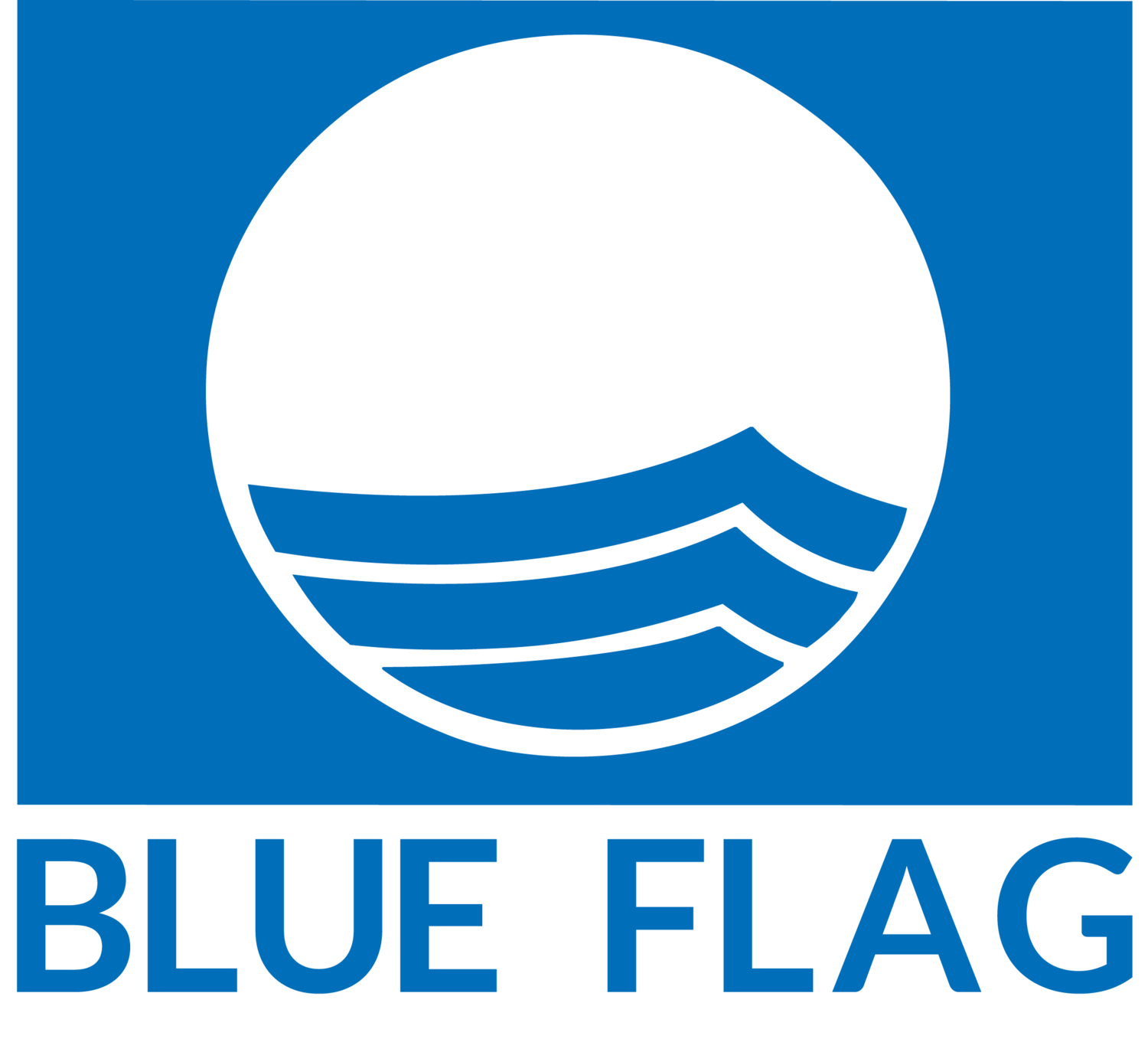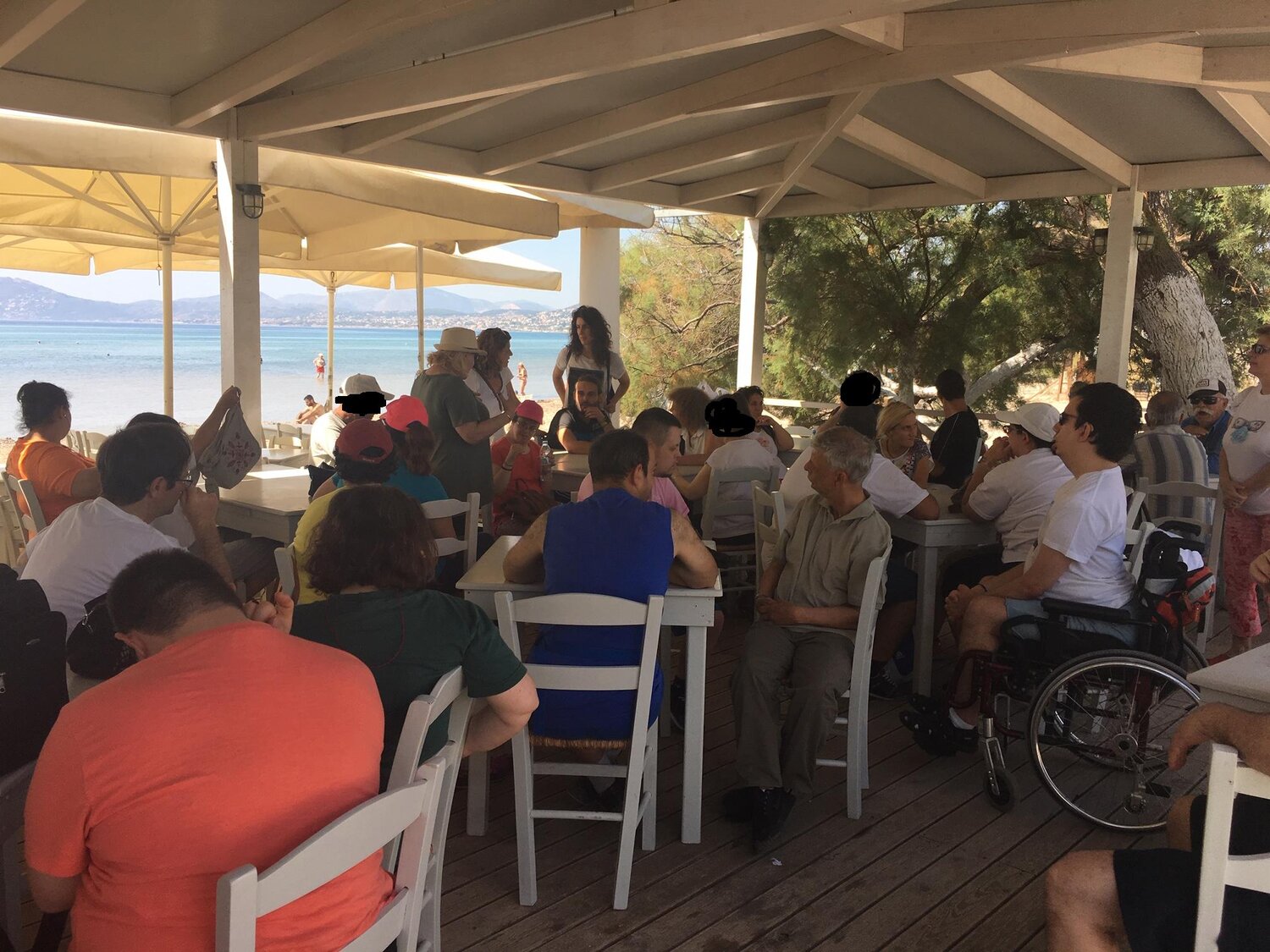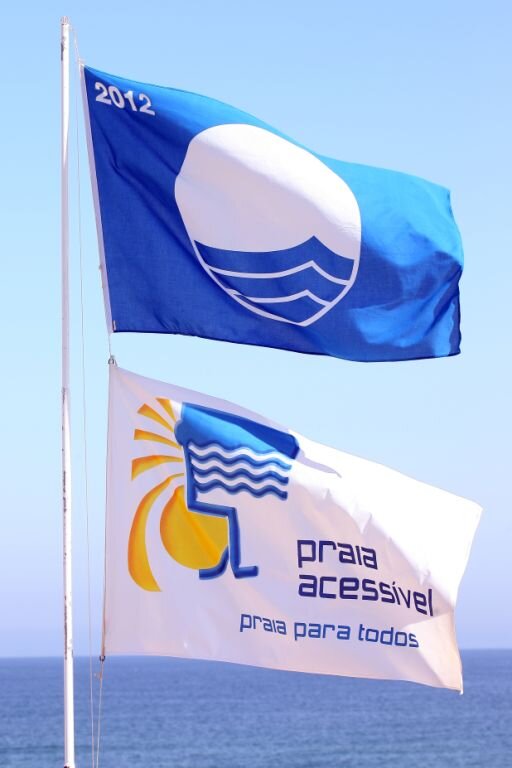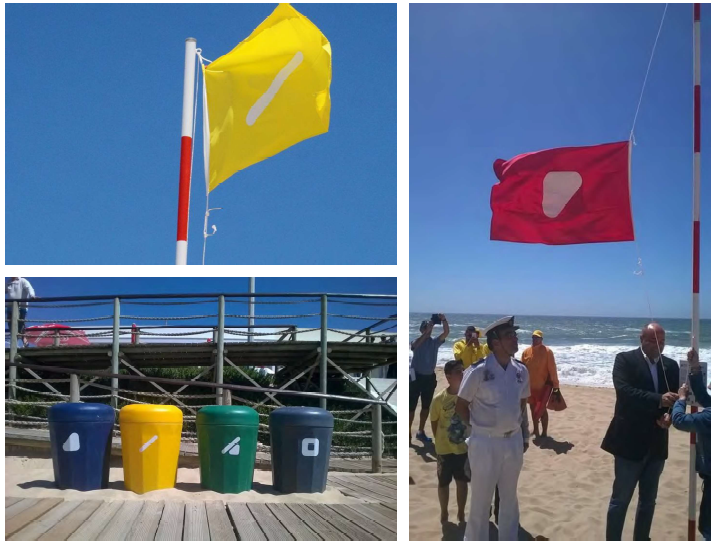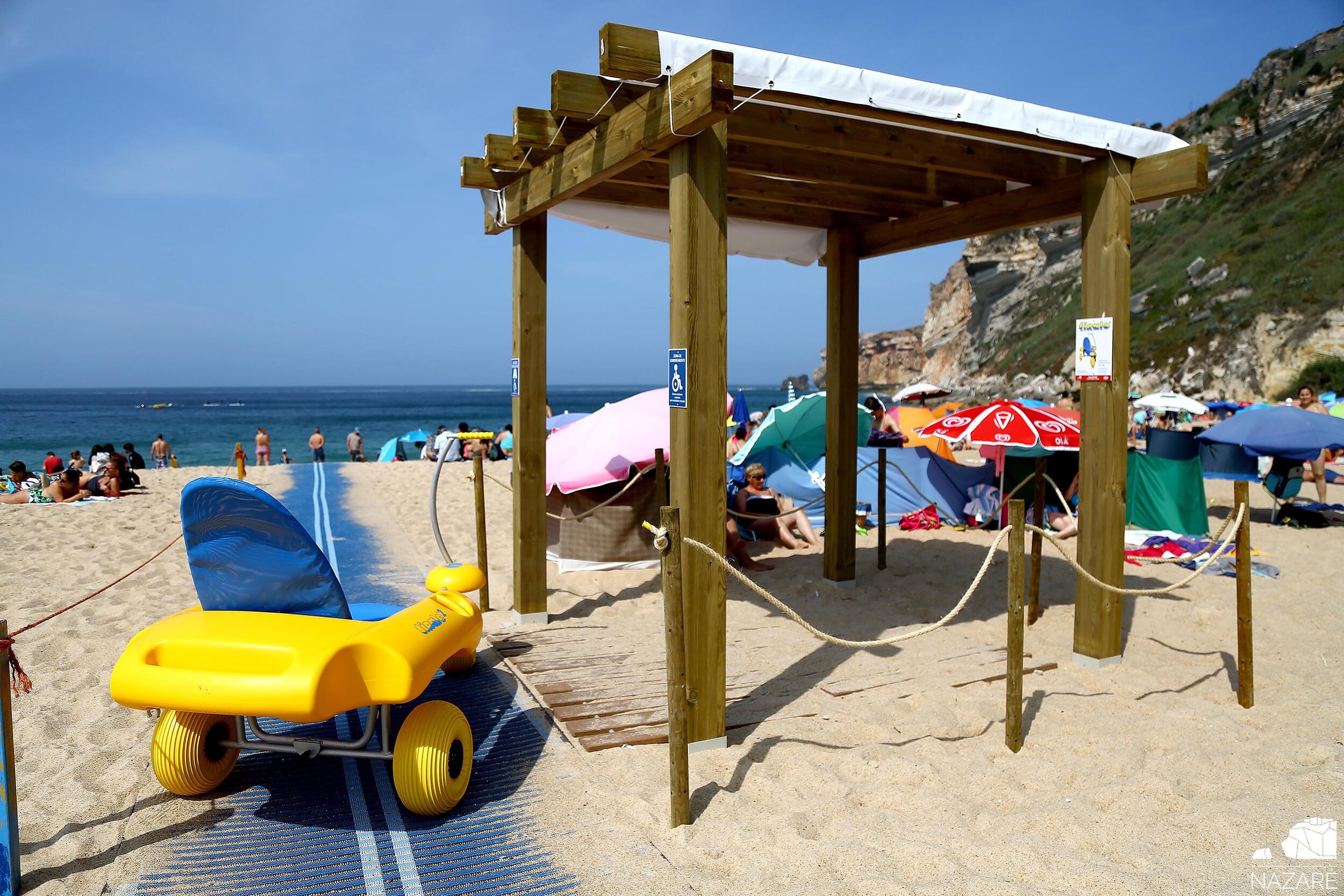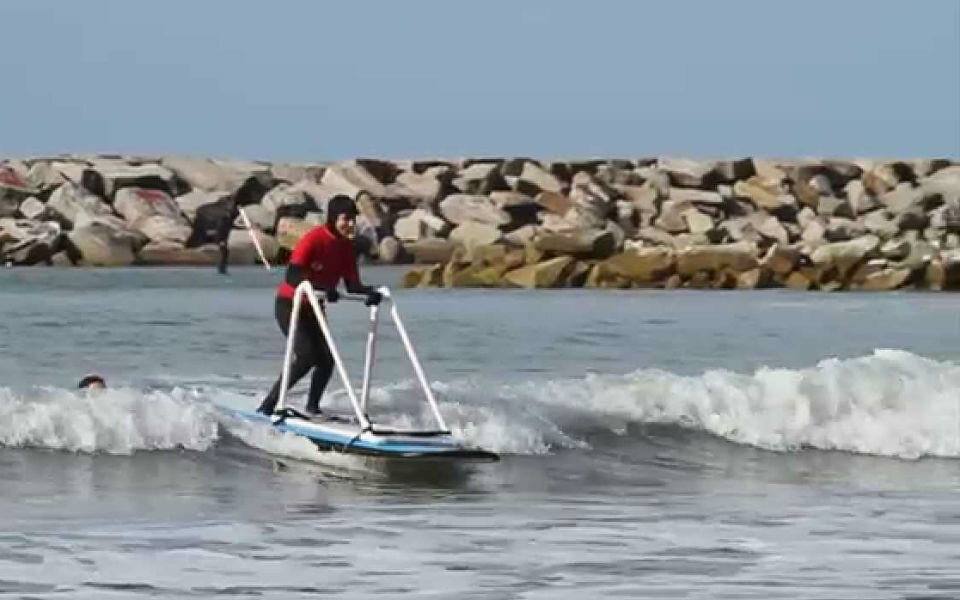The Blue Flag criteria are formulated to allow sites of differing size, resource, and global location to be eligible to participate in the programme.
Through Blue Flag, sites in developing countries are encouraged to play an active part in the global economy.
One of the Blue Flag’s goals is to achieve equality in terms of ensuring equal services to all. In other words, reducing inequalities through providing the same standard of infrastructures and services for disabled people worldwide.
SPAIN
In Spain, big and small, rich and poorer municipalities, marinas and eco-tourism boats receive the same Blue Flag award. Moreover, in most Blue Flag beaches in Spain people with disabilities can access both the beach and the water. Additionally, in Spain, Blue Flag beaches are promoted as a public space, and are accessible to everyone
greece
A great example that shows how Blue Flag contributes to reduce inequalities (SDG 10) is the beach cleaning that took place in Limni beach (Attiki) where all the participants were adults, with mental disabilities. The participants attended a talk from educators about the natural environment, litter and the time different material need to decay in and out of water. After that, the participants were divided in small groups and undertook a beach cleaning activity.
PORTUGAL
In 2019, Portugal won the Accessible Tourism Destination (ATD) award. The ATD prize is awarded on a worldwide basis by the United Nations World Tourism Organization (UNWTO). It is a prize that highlights the initiatives undertaken so far, as well as the effort done to maintain and increase the level of accessibility achieved. The Expert Committee entrusted with the evaluation of the submissions for UNWTO ATD 2019 gathered some of the most acknowledged experts in universal accessibility in tourism, as well as Disabled People’s Organizations (DPOs) and international bodies.
To know more:
https://www.visitportugal.com/en/content/accessible-beach
http://www.tourism-for-all.com/pt/pagina/20/responsabilidade.ambiental/
